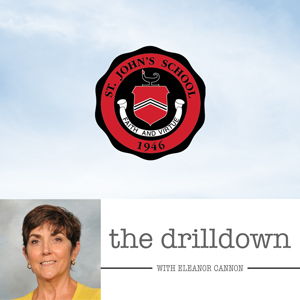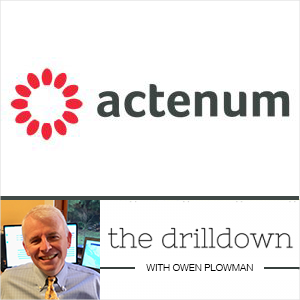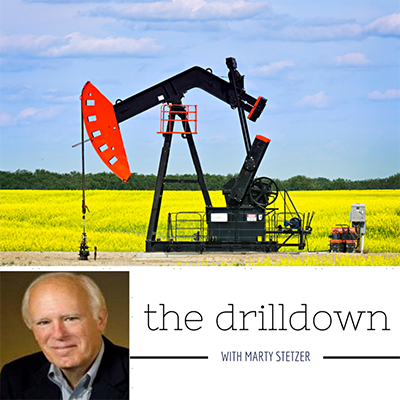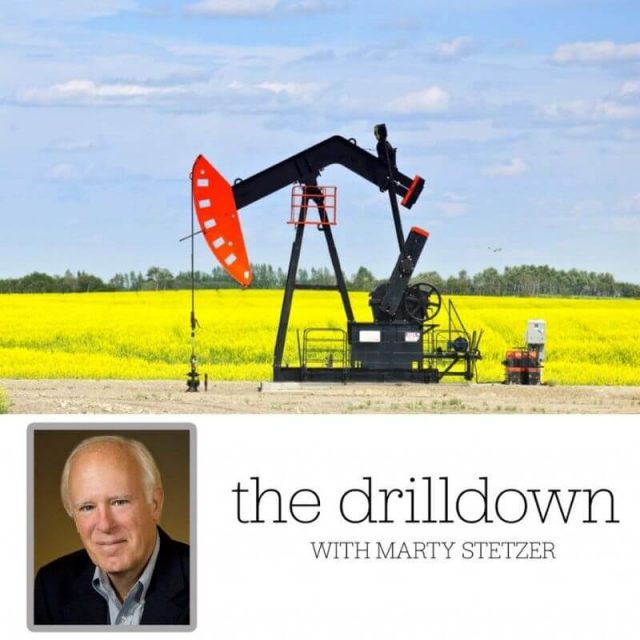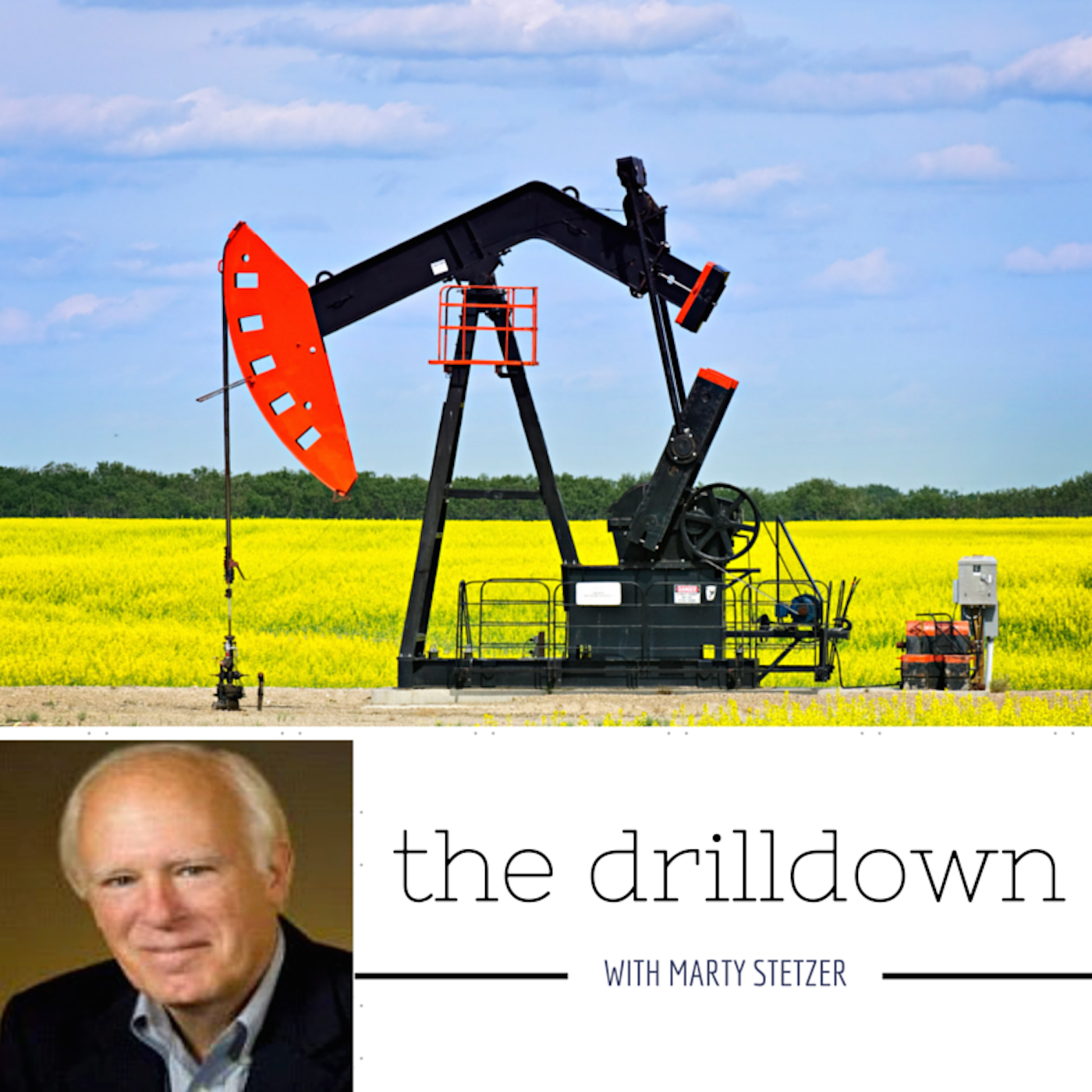Promoting Digital Energy Education in the Classroom with Eleanor Cannon
Description
Thanks for listening to the EKT Interactive Energy Podcast Network.
In this 17 minute episode, Marty Stetzer (EKT Interactive in Houston) talks with Eleanor Cannon who designed a senior level history elective entitled the: History, Geopolitics and Economics of Energy.
As she developed her course, Eleanor was looking for real-world operations content to supplement her extensive academic research. In 2019 we formed a partnership to integrate our digital Oil-101 with her curriculum design.
This podcast describes the benefit she has seen in the students with her somewhat unique course.
About the Expert
Eleanor Cannon
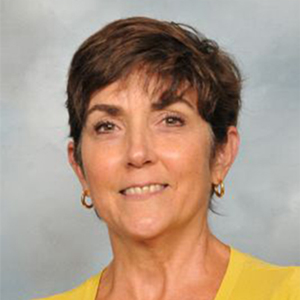
Mrs. Eleanor Cannon currently teaches a senior level history elective and is a field hockey coach at St. John School, in Houston. She has taught for over 20 years in independent schools.
She has used our digital Oil-101 series for a senior elective course that she designed called the “History, Geopolitics and Economics of Energy. To date it has been offered to 200 St. John's School seniors.
A Virginia native, Eleanor graduated with a Bachelor of Arts from Duke University and received a Master of Arts from the University of Houston.
She is married to E. Philip Kenyon Jr. and the proud mother of two sons.
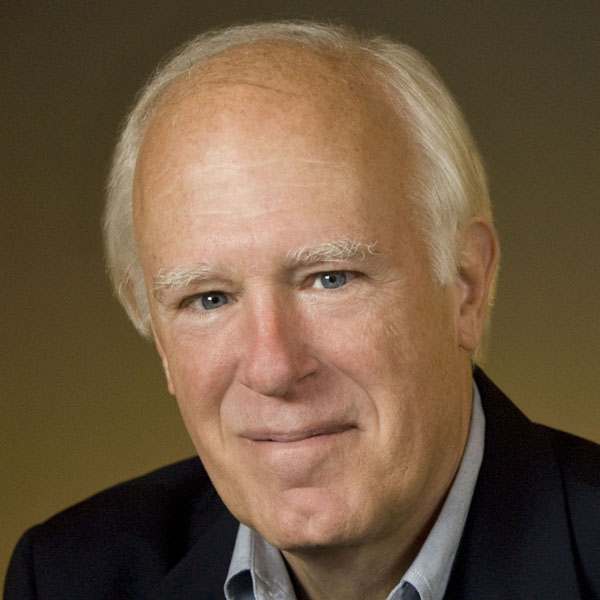 Marty Stetzer – President of EKT Interactive
Marty Stetzer – President of EKT Interactive
President of EKT Interactive in Houston; and producer of our mobile-ready energy series describing How the industry works.
In parallel with a 25-year energy career, Marty spent 15 years providing custom blended and e-learning training programs to a variety of technical audiences.
He has global upstream and downstream operations management experience with Schlumberger, Superior Oil-Mobil and Exxon, and was a director in the energy consulting practice at PwC.
Marty has his Bachelors Degree in Mechanical Engineering from Kettering Institute and a MBA from Carnegie Mellon.
Relevant Links
Energy 101 – eLearning for the Energy Industry
Transcript
Marty:
Hi everyone, and welcome to Drill Down, our podcast channel that today will give you an insight on a really unique application of our Oil 101 series. I’m Marty, president of EKT Interactive in Houston, and I’ll be your host today. I’m speaking with Mrs. Eleanor Cannon. She’s the upper school history teacher at St. John’s School here in Houston. She has closely integrated our Oil 101 videos into a course to help it make it relevant. Eleanor, thanks so much for taking the time today,
Eleanor:
Marty, thank you so much for having me. I’m really looking forward to talking with you about how I’ve been using Oil 101.
Marty:
Can you tell our listeners your background and explain what motivated you to design the course and especially look for digital energy training for your students? Where did this idea come from?
Eleanor:
Well, I’m really fortunate, first of all, to be able to teach history to high school students. I get to talk about my discipline that I love all day long and share my passion for history with smart young people. I’m also fortunate I also get to coach. I coach field hockey, which is a great and entirely gratifying different way to get to know young people. And for the last 12 years, I’ve been teaching US history to juniors in high school at St. John’s School, and I have been asked to consider creating a senior elective. The goal of our senior electives is to expose students to wide variety of disciplines and all sorts of content that your standard US history class doesn’t cover.
And I was fortunate and kind of a coincidence, my son had just begun college in Virginia and he was taking a history class called Tobacco. And in the context of the state of Virginia, tobacco was a foundational commodity. He was enjoying his class so much and it was such a cool way to learn that I began to consider that model for my new course. My husband and I were driving around Houston one day and chatting about that and he said, “Well, what if you did a history of Houston via commodity? What would it be?” And we just looked at each other and simultaneously said oil. So that was the beginning of the idea of the class.
And so as I started to develop it, I talked to as many people as I could in the St. John’s community and in Houston about anything and everything related to the oil industry. I quickly decided that my go-to textbook was going to need to be Daniel Yergin’s “The Prize”. And I built the basic structure for the course that’s reflected in the official name. This is not my choice, but the official name of the course is “the History, Geopolitics and Economics of Energy”. I was hoping for Oil or maybe BTUs or something catchy, but college counselors want colleges to be able to recognize what students are actually doing in class. But I structured the course around those three components. A section of the course was going to be the history, a section was going to be the geopolitics which both of which I’m very comfortable with, and the third was going to be the economics, which was a little bit of a heavier lift for me.
But I was really excited about this concept. I started teaching the class for the first time in the fall of 2019. Some things were great off the bat. We started every single class, we still do, with a student reporting on what the West Texas intermediate price is and sharing some item that explains the change that day. And that has opened up all kinds of conversations. Early on we end up tackling and explaining bears and bulls. My first year in 2019, we spent a lot of time talking about the Aramco IPO.
But what was lacking in the class, obviously, it was very obvious from the beginning, was I really lacked any knowledge of how the oil industry actually worked. So I spent a lot of time sort of looking around for materials for me, for my own education, and fortunately came upon Oil 101 and took the class and found it tremendously helpful. When I started to plan the second go round in the spring of 2020… I can’t remember where this idea came from, but it occurred to me that I might reach out to EKT and find out if I might be able to access some of those materials for my students. And that’s the beginning of our collaboration, which has been incredibly helpful and fruitful for me and my students.
Marty:
Thanks so much, Eleanor, for that compliment. With that in mind, especially your extensive background in researching material, how many students have taken the course?
Eleanor:
So since the spring of 2020, roughly 200 students have used the digital Oil 101 materials, which is a pretty significant number – given that our class sizes tend to be quite small. And also the course has gone from one section of semester now to two, in part because students enjoy it so much and learn so much. So that’s a not inconsequential number over the last couple of years.
Marty:
So remind me, is that juniors and seniors, or just seniors?
Eleanor:
Actually, this elective is only open to seniors. The juniors take US History.
Marty:
So as you went through this, what made Oil 101 a good fit for your classroom? And is it leading to follow up discussions or projects or people looking for other material?
Eleanor:
Well, from the beginning it really helped my students understand the oil industry, the value chain. For example, this section on LNG was incredibly helpful when we were talking about the geopolitical aspect of the course and thinking the conversation we had in class in the fall when what was going to happen with gas supply coming out of Russia given the war in Ukraine and sort of what’s Europe going to do, we were able to have a really informed conversation about potential of LNG. They also understood though the barriers, the cost of building liquefaction, and transportation.
So every conversation we have is informed. So not only have they gotten this basic understanding of

